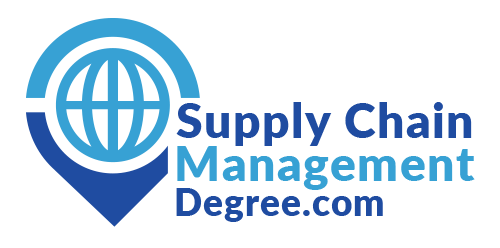
Strengthening Supply Chain Education: The Role of Professional Associations
Supply chain management (SCM) is a dynamic field that requires continuous learning and professional development to stay abreast of industry trends and best practices. Professional associations play a crucial role in advancing supply chain education by providing resources, networking opportunities, and professional certifications. In this blog post, we’ll explore the importance of professional associations in supply chain education and how they contribute to the success of students and professionals in the field.
Networking and Collaboration
Professional associations serve as hubs for networking and collaboration among supply chain professionals, educators, and industry leaders. By joining professional associations such as the Council of Supply Chain Management Professionals (CSCMP) or the Institute for Supply Management (ISM), students and educators gain access to a vast network of peers and mentors who can offer insights, guidance, and career opportunities. Networking events, conferences, and workshops organized by these associations provide valuable opportunities for students to connect with industry professionals and gain real-world insights into supply chain practices.
Educational Resources
Professional associations offer a wealth of educational resources to support supply chain education and professional development. These resources may include webinars, online courses, white papers, research reports, and best practice guides covering various aspects of supply chain management. Additionally, many associations publish industry journals and magazines that feature case studies, thought leadership articles, and interviews with supply chain experts, providing students with valuable insights into emerging trends and innovative practices in the field.
Professional Certifications
Professional associations offer professional certification programs that validate the skills and competencies of supply chain professionals. Obtaining certifications such as the Certified Supply Chain Professional (CSCP) from APICS or the Certified Professional in Supply Management (CPSM) from ISM can enhance students’ credentials and career prospects in the competitive job market. Supply chain education programs often align their curriculum with certification requirements, providing students with the knowledge and skills needed to pursue certification exams with confidence.
Industry Insights and Trends
Professional associations serve as repositories of industry insights and trends, providing students with access to the latest research, benchmarking data, and market intelligence. By staying informed about industry developments, students can gain a deeper understanding of supply chain dynamics, challenges, and opportunities. Many associations also offer mentorship programs and career services to help students navigate their career paths and explore internship and job opportunities in the field.
Advocacy and Thought Leadership
Professional associations advocate for the advancement of supply chain management as a profession and promote thought leadership in the field. Through policy advocacy, research initiatives, and industry partnerships, associations contribute to shaping the future of supply chain management and addressing key challenges facing the industry. Students who participate in association activities gain exposure to thought leaders, industry trends, and emerging issues, preparing them to become future leaders and change agents in the field.
Professional associations play a vital role in advancing supply chain education and preparing students for success in the dynamic and evolving field of supply chain management. By providing networking opportunities, educational resources, professional certifications, industry insights, and advocacy efforts, associations contribute to the professional development and growth of students and professionals alike. Students who actively engage with professional associations gain valuable knowledge, skills, and connections that enhance their career prospects and enable them to make meaningful contributions to the field of supply chain management.


